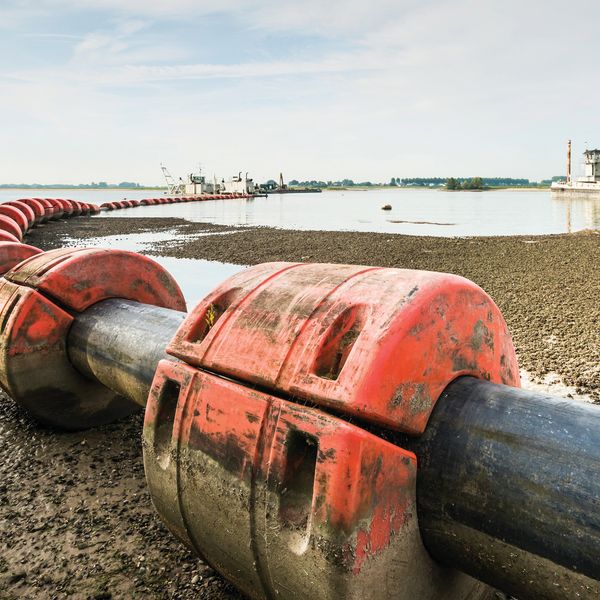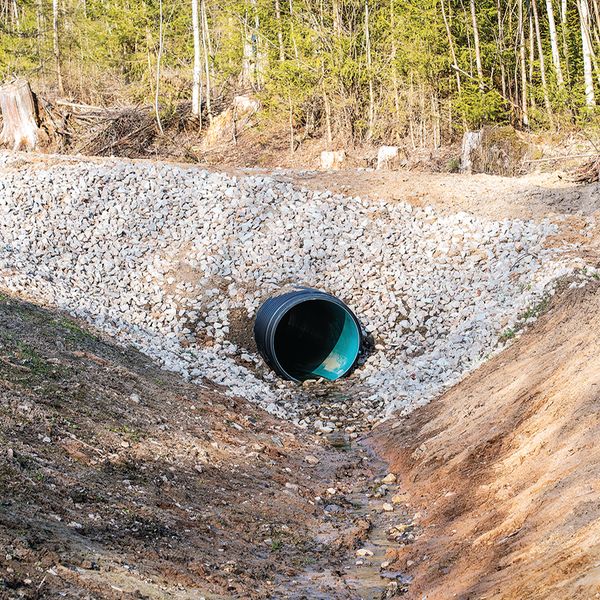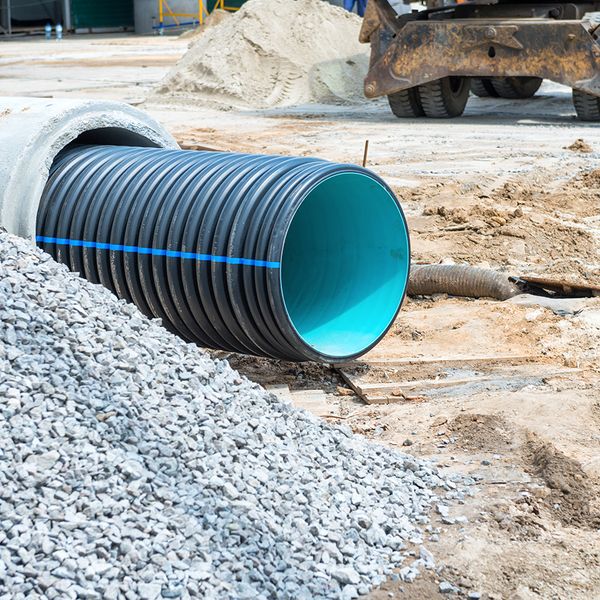Corp reissues NWPs with revisions and additions
In a proposed rule published September 15, 2020, the U.S. Army Corps of Engineers (Corps) planned to reissue 52 existing nationwide permits (NWPs) and issue five new NWPs. In two rulemakings published January 13, 2021, and December 27, 2021, the Corps finalized those changes. The NWPs will expire on March 14, 2026. The Corps may modify, reissue, revoke, or suspend the NWPs before they expire.
Section 404(e) of the Clean Water Act provides for the issuance of general permits on a nationwide basis for any activities involving discharges of dredged or fill material into waters of the United States, where those activities will result in no more than minimal individual and cumulative adverse environmental effects. NWPs can be issued for no more than 5 years.
Nationwide permits are designed to regulate certain activities in federally jurisdictional waters and wetlands, with minimal delay or paperwork, where those activities would have no more than minimal adverse environmental impacts.
Most NWPs were reissued without changes, though some changes were made. The revisions are expected to increase activities authorized and decrease activities requiring individual permits. Changes include:
- NWP 14 Linear Transportation Projects: Add “driveways” to examples of activities authorized.
- NWP 27 Aquatic Habitat Restoration, Establishment, and Enhancement Activities: Add coral restoration and relocation and add “releases of sediment from reservoirs to maintain sediment transport continuity to restore downstream habitats” to the examples.
- NWP 41 Reshaping Existing Drainage Ditches: Add irrigation ditches.
- NWP 53 Removal of Low-Head Dams: Change the definition of low-head dam.
The Corps also issued five new NWPs:
- NWP 55 for seaweed mariculture activities;
- NWP 56 for finfish mariculture activities;
- NWP 57 for electric utility line and telecommunications activities;
- NWP 58 for utility line activities for water and other substances; and
- NWP 59 for water reclamation and reuse facilities to construct, expand, and maintain water reclamation and reuse facilities.
Pre-construction notification
Some NWPs include pre-construction notification (PCN) requirements to give the Corps an opportunity to evaluate certain activities for adverse environmental effects. Except for activities that require PCNs under the “Endangered Species” and “Historic Properties” general conditions, if the Corps district does not respond to a PCN within 45 days of receipt, the activity is deemed authorized.
In 2018, the average processing time for an NWP PCN was 45 days and the average processing time for an individual permit was 264 days. This expedited processing can incentivize reduced effects of planned activities to qualify for NWP, and avoid the need for an individual permit.
Cross-over permits
If an NWP is reissued without modification or the activity complies with any modification, the NWP verification letter should include a statement that the verification will remain valid for a period of time, usually the expiration date of the NWP. If a previously verified activity continues to qualify under, that verification letter continues to be in effect until March 18, 2022, unless a different expiration date is specified in the verification letter.
Activities that were authorized by the 2017 NWPs, but no longer qualify under the reissued NWPs, continue to be authorized for 12 months as long as those activities have commenced (i.e., are under construction) or are under contract to commence by relying on an NWP prior to the expiration date. That authorization is contingent on the activity being completed within twelve months of an NWP’s expiration, modification, or revocation. This provision applies to activities that were previously verified by the district engineer as qualifying for NWP authorization, but no longer qualify for NWP authorization under the modified or reissued NWP.
Key to remember: The Army Corp of Engineers re-issued dozens of nationwide permits (NWPs) for dredged or fill material into waters of the United States, authorizing them for another five years. Four existing NWPs were expanded, and five new NWPs were added.






















































